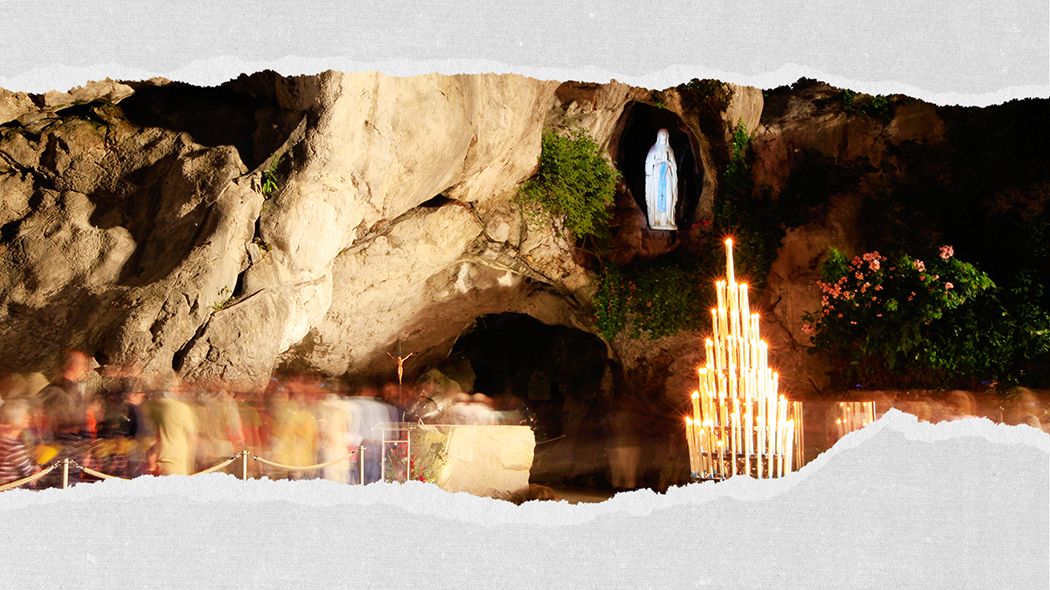
I started drinking coffee regularly every morning my junior year of high school. I’ve never been imprudent with my caffeine intake, but it wasn’t uncommon for me to have a couple cups of coffee per day, or even to choose coffee over food at times. For many people, two cups of coffee is probably a daily norm. In fact, three to five cups is actually considered a “moderate” amount, totalling 400 mg of caffeine.
I continued drinking coffee through my junior year of college. A few months ago, however, I began to notice it affecting my day poorly by giving me a spike of anxiety in the morning or an afternoon headache. I even found coffee affecting my body — either as a dependency for an energy boost, or upsetting my stomach for hours after drinking it. I wasn’t entirely ready to give up caffeine, but I knew I needed to make a change. And so I set out to replace the coffee jitters with something more sustainable through the day and this season of my life: matcha.
Hello, matcha
If you’re somewhat up to date on Instagram café trends, you’ve probably heard of matcha — a ground powder from green tea leaves often turned into a latte. While matcha’s origin goes all the way back to the Tang Dynasty in China, it didn’t gain much popularity in the United States until the early 2000s, cropping up in trendy coffee shops around the country. In addition to its bright chlorophyll-green color, matcha’s main grab is a significantly lower caffeine level than coffee. While a cup of coffee can range anywhere from 90 to 200 mg in caffeine, matcha hovers under 70 mg per serving.
New type of caffeine — renewed sense of calm
One benefit (and curse) of coffee is that it wakes you up really fast — but it can also make you crash fast, too. Matcha doesn’t follow this peak-and-valley dependency. While coffee jolts you awake in less than an hour, matcha provides a slower absorption of caffeine in your bloodstream over the course of several hours. Matcha is also high in L-Theanine, which is known to reduce stress and lessen anxiety. In Eastern traditions, people might associate this with feelings of “zen.”
I’ve found that this calmer kind of caffeine works better for me, especially in the mornings. Rather than feeling anxious about a lengthy to-do list or back-to-back classes and meetings, I’m able to clearly prioritize my tasks for the day ahead. Matcha slowly gives me energy and supports my concentration to work through the day calmly, without causing a crash mid-day.
Peace of mind (and body)
After lessening my dependency on caffeine, I’ve begun to more fully enjoy my mornings. My brain doesn’t immediately remind me that it needs awakening via coffee; I used to need it before exercising, or studying in the morning. Now, I’m able to enjoy my morning matcha without rushing it to wake me up. I love this quote about tea from Thich Nhat Hanh, which reminds us to slow down:
“Drink your tea slowly and reverently, as if it is the axis on which the world earth revolves — slowly, evenly, without rushing toward the future.”
I still have some dependency on caffeine, but it doesn’t control my mornings nearly as much anymore. To put it simply, my mind is more at peace when I begin my day with matcha.
This switch has also affected my body. I’ve noticed differences in my skin, sleep, teeth (no staining!), and my general energy levels throughout the day. While some of the effects of matcha might be in line with a placebo effect, I wholeheartedly believe that my body feels more relaxed, calm, and energized throughout the day after this transition.
Beauty in the ritual
From perfecting the ratio of matcha to almond milk, to mastering the art of “froth,” to trying different natural sweeteners (maple syrup is my favorite) or spices (cinnamon tastes great), I enjoy the beauty of bringing this ancient ritual to life every morning. The slower process sets me up for a day of sustained peace (and energy), rather than crashing.
I recognize that matcha and tea ceremonies aren’t part of my cultural background, but I am intrigued by the patience and beauty behind them. I hope to learn more about the traditions behind matcha, and how I can be a better steward of my day.
Everyone’s body, mind, and needs are different. If coffee works for you as your morning cup, that’s great. But if you think something might be off, I recommend considering a switch — whether you take up matcha, tea, or completely cut out caffeine out of your life. It’s worth the headache (literally)!
























